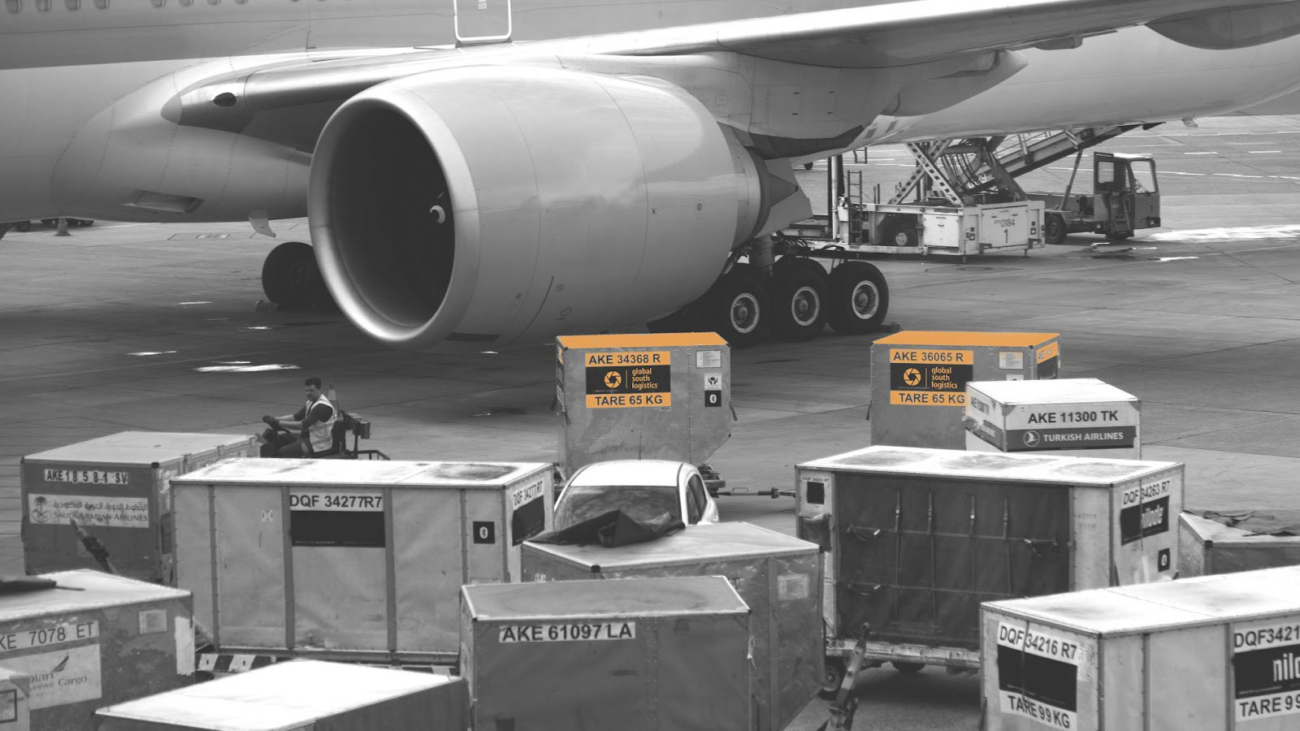Sustainability seems to be a new modern trend in logistics caused by regulations and expectations of customers and investors. A lot of companies around the globe do their best and focus on environment friendly operation with great attention to their business goals.
Dennis Anderson, Chief Customer Officer at ArcBest:
“There’s a bit of a tug-a-war between running a sustainable supply chain and running a supply chain that keeps your products in stock and meets your consumers where they want to be met,” Anderson said. “That creates tension for any supply chain manager, and everyone is looking at different ways to tackle it. The good news is that sustainability and cost efficiency often go hand-in-hand.”
Reduction of greenhouse gas emissions in logistics will be the next essential trend as well as development of new types of sustainable fuels (including SAF), systems and development of new transport solutions and routes. These tools will help companies become sustainable and reach the necessary business goals.
Today all kind of businesses including logistics switch to fuels with zero-emissions and pay more attention to route optimization with the help of digital solutions. A lot of multimillion investments are made into the development of new sustainable fuels and environment transformation and today many opportunities lie in the Global South thanks to wind and solar resources and lower production cost (production and transportation of sustainable fuels in Latin America is 20% cheaper than anywhere else in the world).
The Global South has great potential to develop new energy hubs and move to the production of green and renewable fuels but only with the support of governments, banks and businesses and with the help of these investments a new industry able to support both global and local needs will be built.
A lot of Global South member-countries with Egypt, Chile, Algeria, Argentina, Uruguay, Morocco among them are already planning new strategies of green and renewable fuels development. Early investment in infrastructure of the Global South will help to provide sufficient production of green fuel at low production costs already by 2030.
Those market players who will launch an ecosystem and develop their own export strategies will definitely win together with their investors because sustainability is a long-term story. And of course, success depends on the location of a facility and in the Global South there are a lot of countries that are able to locate their factories closer to the coast.
In near future the world will need far more green fuels than now and there is a great chance to become green fuel producer and supplier of global importance.
It is also important to mention that Sustainable logistics does not only include the development of fuels but it also includes operation processes and data storage issues.
The most important things are:
Online tracking of transport because it helps to find the best routes and be flexible for customers if they want to change the date and location of delivery.
Using of pop-up warehouses closer to the customer’s site where it is possible. This helps to reduce carbon footprint and optimize costs providing smoother logistics.
Using environmentally friendly fuels when it comes to aviation and equip facilities with solar systems and energy-powered electricity.
Planning of the activity of a company and calculation of all possible options in terms of sustainability and cost efficiency.
Evaluation of results will help to avoid mistakes and optimize routes and processes and implement new technologies if necessary.
So we see that the world has changed a lot but it still gives us new opportunities to develop our business and save our planet.
Global South Logistics contributes to the development of green logistics in the Global South and makes its operation maximum environment friendly and effective in terms of business goals. GSL supports many logistic infrastructure megaprojects in the Global South and helps its regions connect in the most efficient way to ensure smooth unification of Global South member-countries to develop prosperous industries and enterprises.



